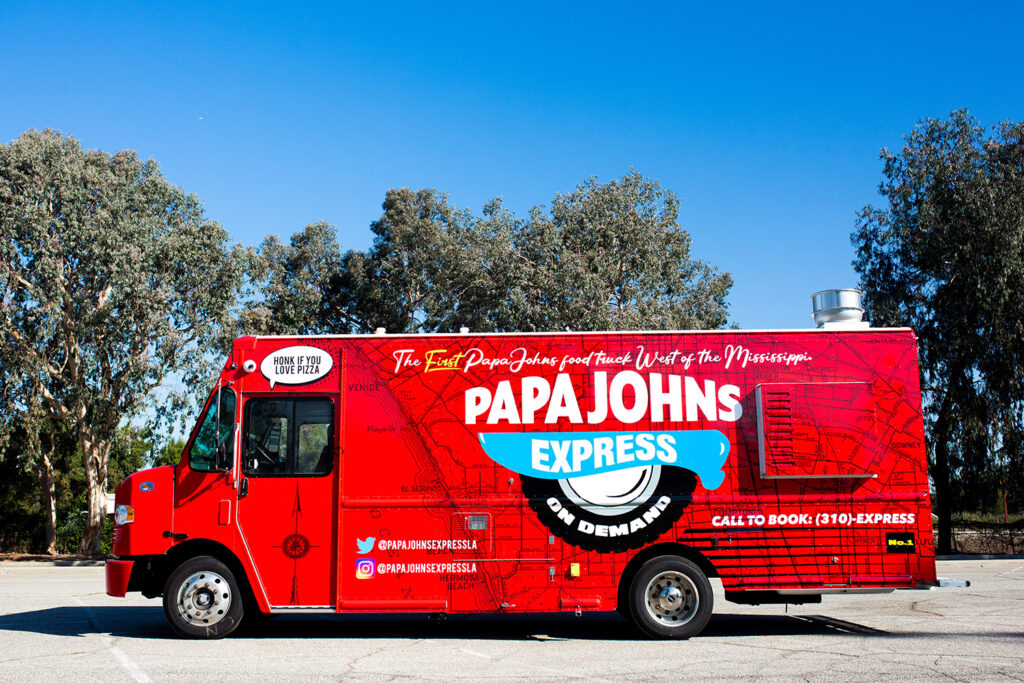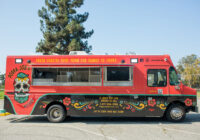A food truck commissary can be an excellent solution for increasing your options when starting a food truck business, but this additional space that you may need to use can also be challenging for beginners to navigate. Many areas require food truck owners to use some type of commissary, which means that understanding local guidelines is an important step in getting your food truck business off the ground.
What is a food truck commissary?
Food truck commissaries are approved shared kitchens that many areas require food truck owners to prepare their food in. These spaces are designed to increase food safety by providing more cooking and storage options and giving food truck owners a food prep option that is not on their personal property. Many cities do not allow individuals to run a business that involves selling homemade food, which can significantly limit their options for actually preparing food in a food truck they own.
Benefits of a Food Truck Commissary
Many food truck owners find a commissary to be a helpful option, even if they live in an area that does not require one.
Increased Space
Your food truck may be your own space, but its relatively small size usually cannot hold the more specialized cooking options you may have access to in a commissary. Even if you live in an area where you are allowed to operate entirely out of your truck, this may not always be your best option if you are interested in serving food that requires something more than a basic stove to prepare.
A commissary gives you more space to spread out while you work, as well as enough room for significantly more cooking equipment.
More Storage Space
Likewise, many food trucks do not have a significant amount of storage space. A commissary gives you more offsite storage space, which can make it possible to prepare more food than you will need on a particular day and store it for future use. However, it is always a good idea to verify the amount of refrigerator and pantry space you will have access to before selecting a commissary.
Centralized Location
Having an offsite work space that is near the areas you typically park your food truck can make it easier to restock during the day. Although many food truck owners enjoy operating within a relatively large radius, having a centralized location to work from can significantly boost your productivity. This can be especially true if you own and need to stock more than one food truck.
Drawbacks of a Food Truck Commissary
Although food truck commissaries are often beneficial, there are also several potential drawbacks to be aware of before selecting one.
Less Flexibility
Part of the excitement of running a food truck is being able to set up at nearly any event you want to, but having limited options for preparing food in your truck can impact the amount of food you are able to prepare in advance and serve each day. The distance from your main commissary may also impact how far you can reasonably travel in a day without needing to find an alternate food prep location, which may limit your ability to find the approved kitchens you need to do business further from your hometown.
Cost
Access to a basic commissary starts at approximately $1,000 per month, and this estimate can significantly increase if you are interested in a kitchen with high-end equipment and a wide range of extra features.
This may not necessarily be a major drawback for well-established food truck owners that are already local favorites, but it can be a challenge for new owners that are not yet making enough to cover this fee and still bring in a reasonable profit.
Start Your Food Truck Business
At Legion Food Trucks, we are here to help you get the most out of your food truck business. Contact us today or build your custom food truck today!








